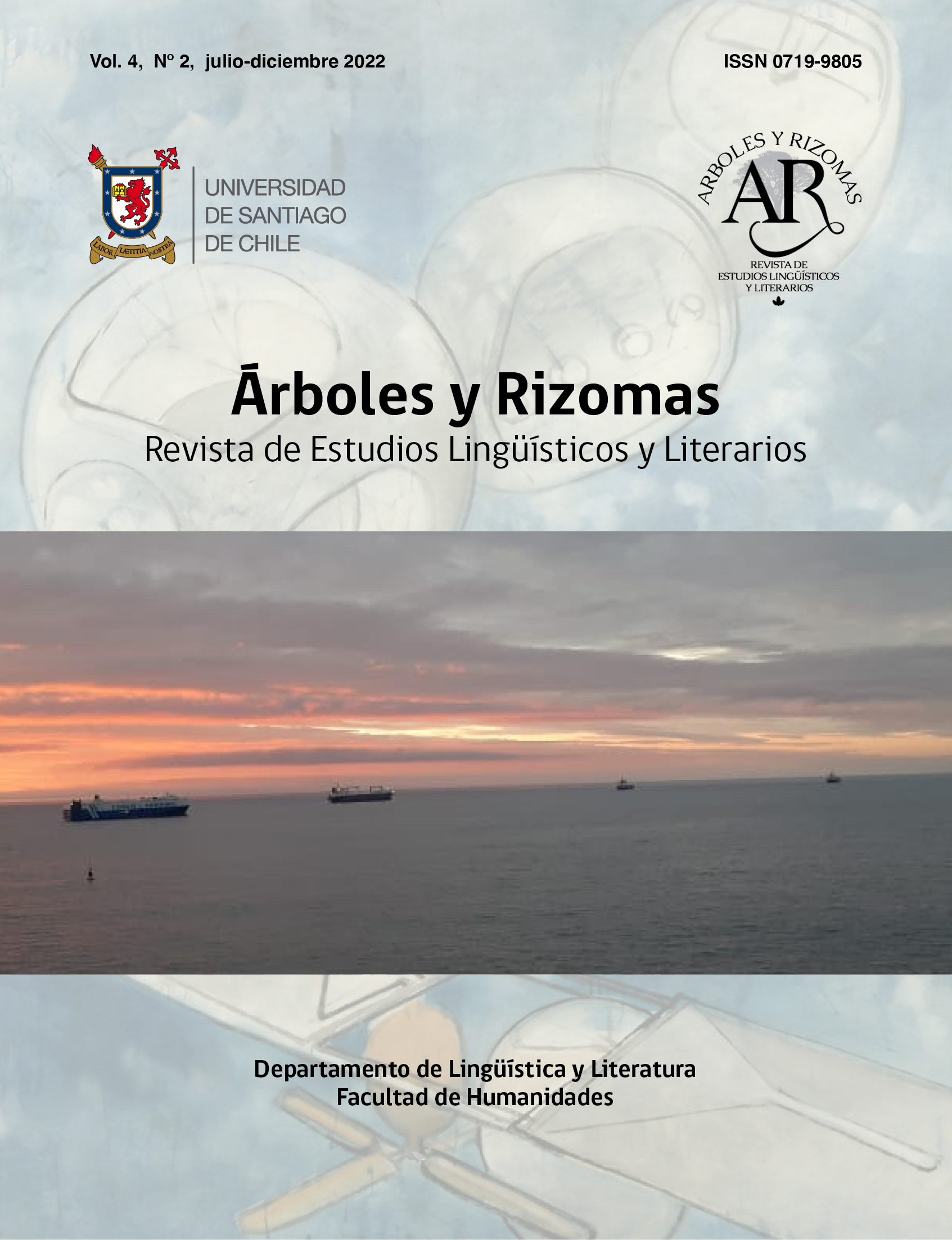Transformational literary education: possible ways to resignify the canon at school
DOI:
https://doi.org/10.35588/ayr.v4i2.5697Keywords:
elementary education, literary education, canon, English language, literary studiesAbstract
Given the multiple challenges and conflicts that have involved Brazilian Elementary Education, reading and interpreting literary texts become a complex task, especially when teachers introduce this exercise in the class of English. Thus, I consider it pertinent to discuss some issues that maintain or reinforce the difficulties in teaching literature at school since some originate from its conception in this space where literary studies, when it happens, tend to be centered in the canon, a conditioning variable in the process of meaning-making. Therefore, this article aims to rethink how we commonly teach and use literature texts, and possible ways to break with canonized literary practices. To throw light to my arguments, I frame them in studies by Bourdieu (2008) and Sousa Santos (2009), among other scholars who, approaching or not literary education, offer several opportunities to help us reflect on this issue. As a result, the rupture with canonical literary practices gives agency to the reader and the perception that literature is a space for exchange, resignification, and transformation of identities and narratives; therefore, there are no ready-made answers.
Downloads
References
Bourdieu, P. (1996). A Economia das Trocas Linguísticas. EDUSP.
Candido, A. (1972). A literatura e a formação do homem. Ciência e Cultura, 24(9), 803-809.
Compagnon, A. (2009). Literatura pra quê?. (Laura Taddei Brandini, Trad.). Editora UFMG. (Obra original publicada em 2009).
Estés, C. P. (2018). Mulheres que correm com os lobos: mitos e histórias do arquétipo da mulher selvagem. (W. Barcellos, Trad.). Rocco. (Obra original publicada em 1989).
Freire, P. (2013). Pedagogia da autonomia: saberes necessários à prática educativa. Paz e Terra.
Geertz, C. (1973). The Interpretation of Cultures: Selected Essays. Basic Books.
Glissant, E. (2008). Pela opacidade. (H. de Toledo Groke e K. Prado Costa, Trads.). Revista Criação & Crítica, 1, 53-55.
Monte Mór, W. (2018). Letramentos Críticos e Expansão de Perspectivas: Diálogo sobre Práticas. Em Jordão, C., Martinez, J. e Monte Mor, W. (Ed.), Letramentos em Prática na Formação Inicial de Professores de Inglês (pp. 315-335). Pontes.
Naísa, L. (2020). Quase da Família: A existência do emprego doméstico reflete um país ainda atado aos laços psíquicos e sociais da escravidão. TAB uol. Retirado de https://tab.uol.com.br/edicao/domesticas/
Pennycook, A. (2007).Global Englishes and Transcultural Flows. Routledge.
Quijano, A. (2009). Colonialidade do Poder e Classificação Social. Em B. Sousa Santos e M. P. Meneses (Orgs.), Epistemologias do Sul (pp. 73-117). Almedina, CES.
Sousa Santos, B. (2009). Para além do Pensamento Abissal: Das linhas globais a uma ecologia de saberes. Em B. Sousa Santos e M. P. Meneses (Orgs.), Epistemologias do Sul (pp. 23-71). Almedina, CES.
Stengers, I. (2012). Reclaiming animism. e-Flux Journal. Retirado de https://www.eflux.com/journal/36/61245/reclaiming-animism/
Souza, L. M. (2011). Para uma redefinição de Letramento Crítico: conflito e produção de significação. Em R. F. Maciel e V. A. Araujo (Eds.). Formação de Professores de línguas: ampliando perspectivas (pp. 128-140). Paco.
Souza, L. e Duboc, A. (2021). De-universalizing the decolonial: between parentheses and falling skies. Gragoatá, 26(56), 876-911. https://doi.org/10.22409/gragoata.v26i56.51599
Todorov, T. (2009). A literatura em perigo. (C. Meira, Trad.) DIFEL. (Obra original publicada em 2007).
Vattimo, G. (2009). Nihilism as Emancipation. Cosmos and History: The Journal of Natural and Social Philosophy, 5(1), 20–23. Retirado de https://cosmosandhistory.org/index.php/journal/article/view/117
Zilberman, R. (2001). Cânone literário e história da literatura.. Organon, Porto Alegre, 15(30-31), 33-38. https://doi.org/10.22456/2238-8915.29710
Downloads
Submitted
2022-08-28Published
Issue
Section
License
Copyright (c) 2022 Dayse Paulino de Ataide

This work is licensed under a Creative Commons Attribution 4.0 International License.






